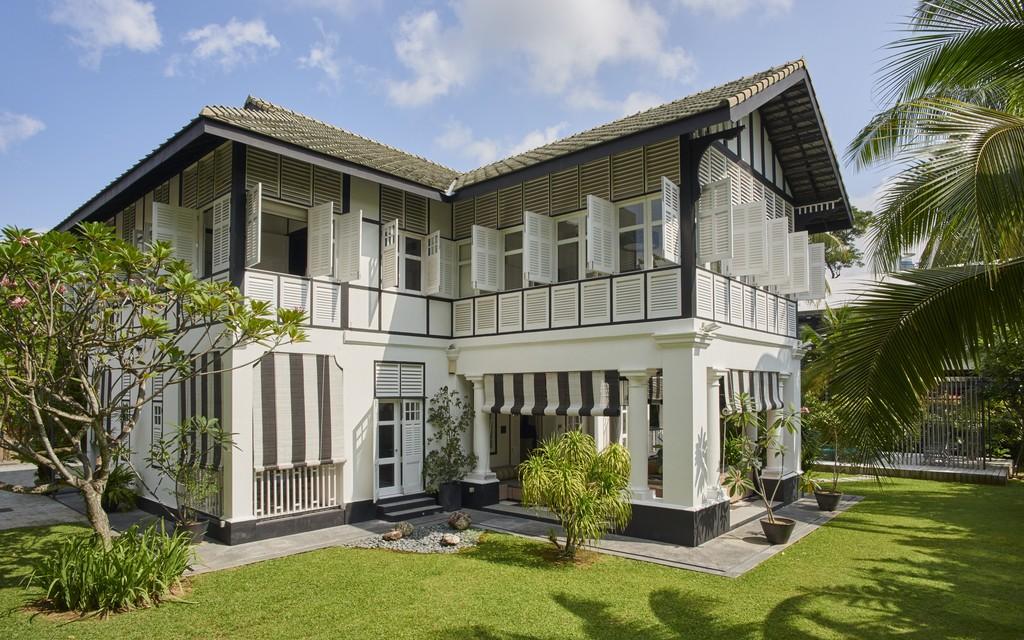Notifications

7 minutes, 39 seconds
-24 Views 0 Comments 0 Likes 0 Reviews

If you’re an expatriate living in Singapore and looking for a more flexible path to homeownership, rent-to-own properties could be a game changer. With high property prices and strict ownership rules for foreigners, this model offers an alternative that bridges the gap between renting and buying.
In this article, we’ll explore what rent-to-own means, how it works in the context of Singapore, and whether it’s a viable option for expats.
A rent-to-own property is an agreement where a tenant rents a home with the option to purchase it after a set period. Typically, a portion of the monthly rent is credited toward the future down payment. This gives the renter time to save money, build credit, and make a more informed decision about buying the property.
Rent-to-own agreements generally have two components:
Rental Agreement: A lease that outlines the duration (usually 1-3 years), monthly rent, and terms.
Option to Buy: A clause giving the tenant the right (but not the obligation) to purchase the property at a pre-agreed price after the rental period ends.
Some agreements also include:
Option Fee: A one-time upfront payment (typically 1–5% of the property price), which may be credited toward the purchase.
Rent Credits: A portion of the rent paid during the lease period is set aside as part of the down payment.
Singapore’s real estate market is tightly regulated, particularly for foreign ownership. Here's how expats are affected:
Private Condominiums: Expats can legally buy private condos without prior approval.
HDB Flats: Foreigners are not allowed to purchase public HDB flats (unless married to a Singapore citizen or PR).
Landed Property: Foreigners must obtain special approval to buy landed homes.
Rent-to-own schemes are more common in private property segments like condominiums or apartments and can be structured via mutual agreement between landlords and tenants.
Buying a home in Singapore requires a hefty down payment, typically around 25% for foreigners. Rent-to-own gives you time to save while locking in a purchase price.
You get to live in the home and neighborhood before fully committing. This is especially helpful if you’re unfamiliar with local areas.
Each month’s rent moves you closer to ownership. Instead of paying rent without return, a rent-to-own agreement helps you build equity.
By locking in a purchase price early, you can potentially avoid paying more in the future if market prices rise.
While rent-to-own can be a great opportunity, there are potential downsides to be aware of:
The rent is usually higher than market average because a portion is credited toward the purchase.
If you choose not to buy the property, you may lose the option fee and rent credits.
The agreements must be carefully structured to protect both parties. Always consult a legal advisor familiar with Singapore property law.
Rent-to-own is not a mainstream model in Singapore, so finding landlords open to this arrangement may be challenging.
There’s no official marketplace for rent-to-own properties in Singapore. However, you can try:
Direct Negotiation: Some landlords may be open to custom agreements.
Property Agents: Work with agents familiar with rent-to-own arrangements for expats.
Expat Forums and Communities: Occasionally, property owners advertise such deals in expat groups or local forums.
Get Everything in Writing: The agreement should include the rent amount, option fee, rent credits, purchase price, and maintenance responsibilities.
Inspect the Property Thoroughly: Just as you would with a purchase, check for defects or issues during the rental phase.
Understand the Exit Clauses: Know what happens if you decide not to buy, or if the landlord backs out.
Plan for Financing Early: Speak with mortgage lenders in advance to ensure you’ll qualify when the time comes.
If rent-to-own doesn’t suit your situation, consider these options:
Buying a Resale Condo: Many resale units are available to foreigners, often with less competition than new launches.
Long-Term Renting: For expats staying a shorter term, traditional renting may offer more flexibility without long-term commitment.
Joint Ownership: If you have a Singaporean spouse or partner, joint ownership might open up more property options.
Rent-to-own properties offer expats in Singapore a unique way to transition from renting to owning without making an immediate financial leap. While it comes with its complexities and limitations, it can be a strategic path for those who want to eventually settle down in Singapore.
Tampines Street 95 EC Developer
Tampines Street 95 EC Project Details
Tampines Street 95 EC Location
Tampines Street 95 EC Site Plan
Top Features and Must-Have Amenities Homebuyers Are Prioritizing
How to Invest in Real Estate with Limited Capital
Understanding Property Taxes Before Buying a Home
How to Get a Home Loan with Bad Credit
Tampines ECs Compared Why Street 95 Stands Out
Tampines Street 95 EC Urban Pulse Deep Dive
Tampines Street 95 EC Developer
Tampines Street 95 EC Location
Tampines Street 95 EC Site Plan
Tampines Street 95 EC Sim Lian
Tampines Street 95 Executive Condo
Tampines Street 95 Executive Condominium
Tampines Street 95 EC Project Details
Rent-to-Own Properties for Expats in Singapore: A Smart Path to Homeownership

